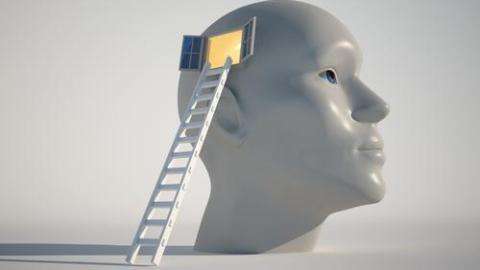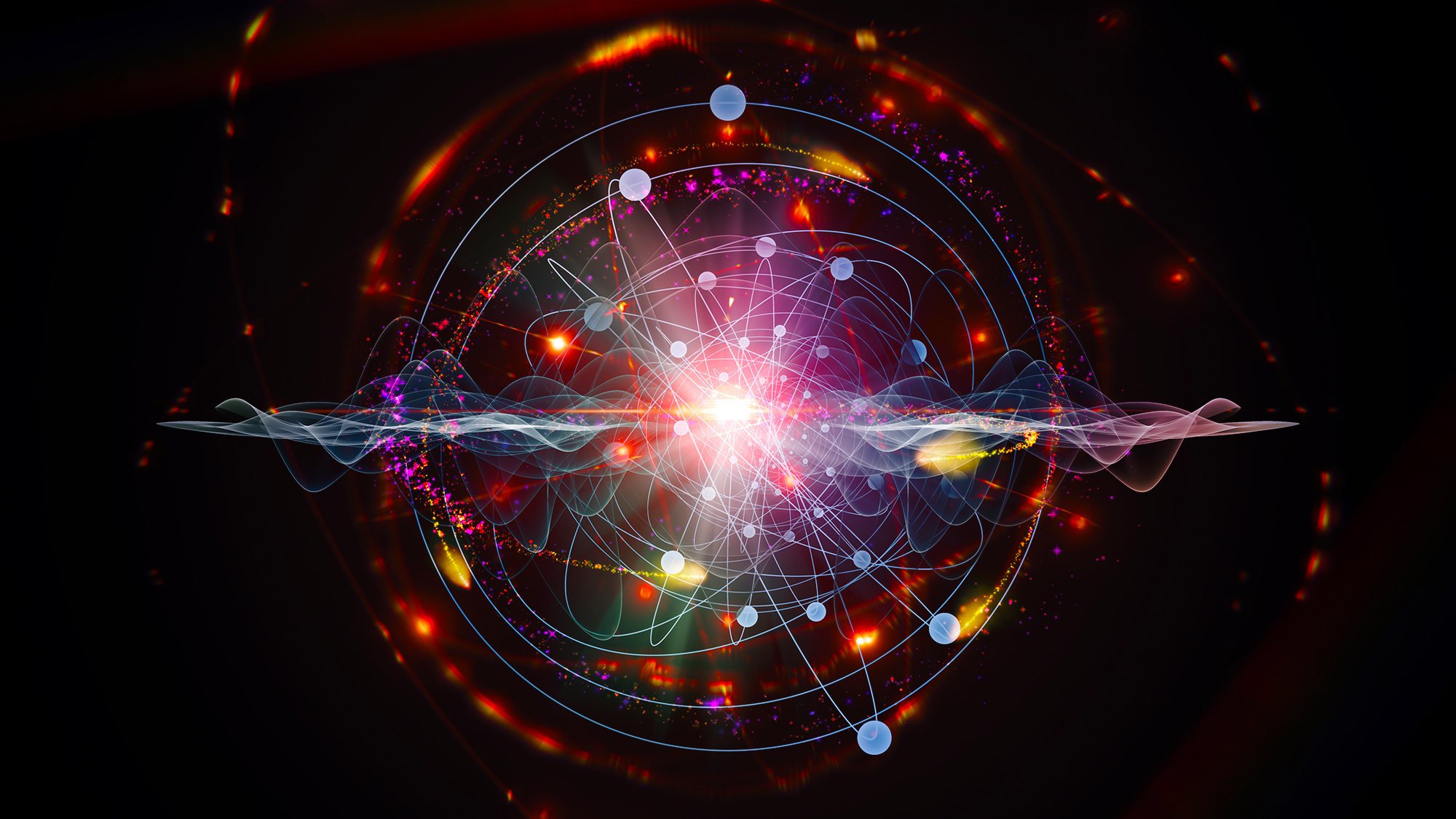Has Neuroscience Solved the Riddle of Consciousness?

What’s the Latest Development?
Neurological experiments have given us a window into the nature of the mind like never before, helping us understand to what extent the phenomenon we experience as consciousness exists independently of our brain’s biology. There appears to be a strong causal relationship such that our biology determines the characteristics of our consciousness. “Damage to the fusiform gyrus of the temporal lobe, for example, causes face blindness, and stimulation of this same area causes people to see faces spontaneously. … Changes in conscious experience can be directly measured by functional MRI, electroencephalography and single-neuron recordings.”
What’s the Big Idea?
To what extend can we dismiss the long traditions of thought that were formed over the centuries prior to the invention of contemporary medical instruments, like MRI machines, particularly when these systems formed a basic understanding of the Universe to which many still relate? “In the philosophic framework of Eastern traditions, ego identity is an illusion and the goal of enlightenment is to transcend to a more universal nonlocal, nonmaterial identity.” This implies that consciousness continues after the death of the physical body, though in ways that we are not able to measure. Can we, should we, reconcile these different points of view?
Photo credit: Shutterstock.com





